12 US Road Trip To RTW Adventure
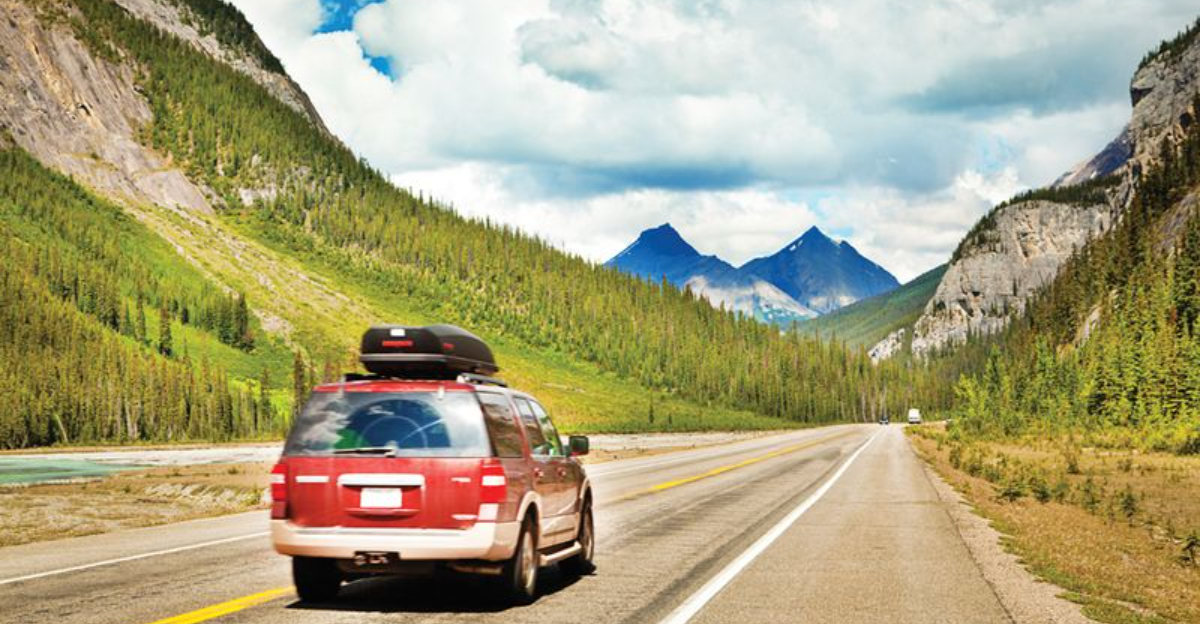
Ever feel like you need to “practice” before tackling an international trip? That’s exactly what U.S. road trips did for me. Before I ever booked a flight overseas, I was navigating mountain passes in Colorado, finding hidden diners off Route 66, and learning how to roll with last-minute detours.
Each road trip became a training ground—teaching me how to pack light, handle the unexpected, and connect with people from all walks of life. These weren’t just vacations; they were mini adventures that built the mindset (and confidence!) I now bring to exploring places far beyond U.S. borders.
And honestly, some of those long drives across the States felt just as thrilling as wandering the streets of a foreign city. So if you’re dreaming of seeing the world, maybe start by discovering the magic in your own backyard. You might be surprised how far a tank of gas can take you—both literally and mentally. Where would your first “practice run” be?
1. Pacific Coast Highway Preparation
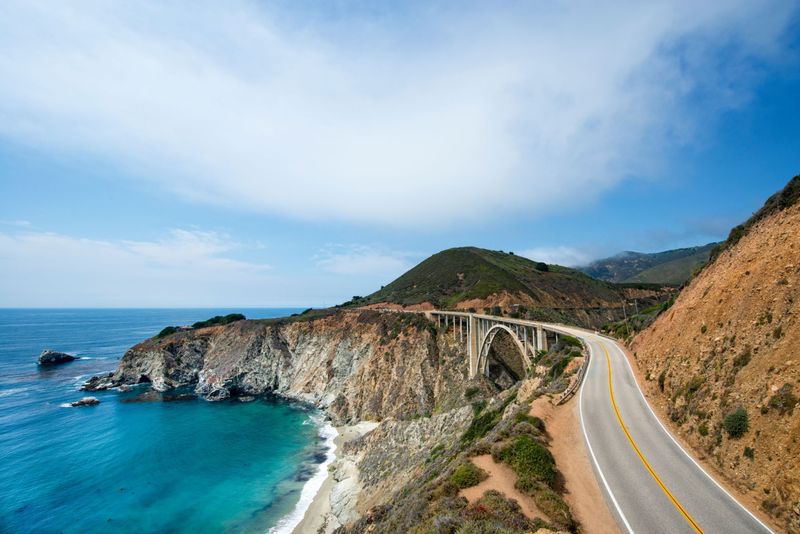
California’s iconic Highway 1 serves as perfect training for driving the Amalfi Coast in Italy or Australia’s Great Ocean Road. Winding along cliffs with the ocean crashing below, you’ll practice handling sharp turns while managing stunning distractions.
I found myself gripping the wheel tightly at first, but gradually relaxed into the rhythm of coastal driving. This confidence transferred directly when I later navigated Thailand’s coastal routes.
Pack light, bring a good camera, and plan extra time for unexpected stops at viewpoints. The skills gained here—patience with traffic, comfort with heights, and appreciation for scenic detours—become invaluable overseas.
2. Southwest Desert Resilience
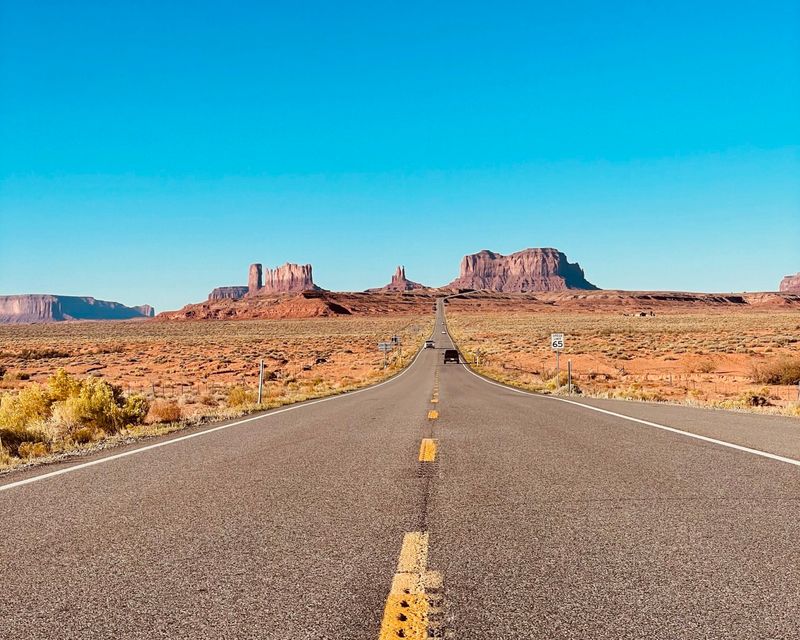
Crossing Arizona and Utah’s magnificent deserts builds resilience you’ll need for Morocco’s Sahara or Chile’s Atacama. When my car overheated outside Sedona, I learned emergency roadside skills that later saved my journey in remote Australia.
Desert driving teaches resource management—water becomes precious, gas stations are planned stops, and you develop awareness of your vehicle’s limits. Heat challenges both you and your equipment.
Carry extra water, download offline maps, and inform someone of your route. The self-sufficiency gained in American deserts prepares you for international remote travel where help might be hours or even days away.
3. Rocky Mountain Navigation Skills
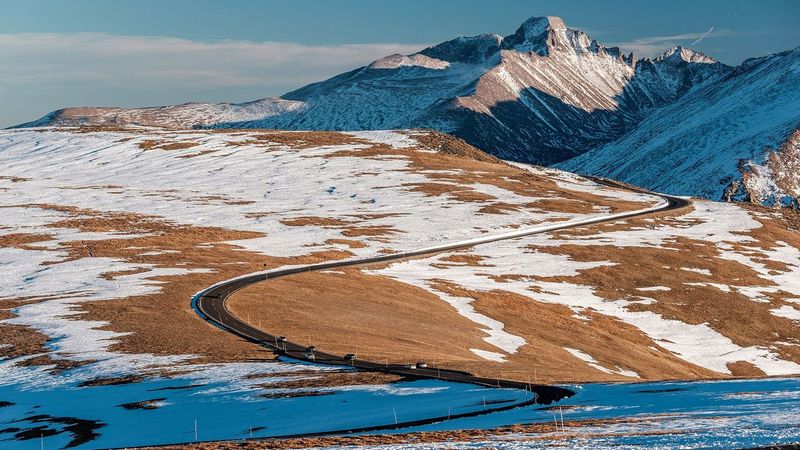
Navigating Colorado’s high mountain passes develops altitude awareness and switchback mastery essential for Peru’s Andes or Nepal’s Himalayan roads. The thin air affects both you and your vehicle in ways that surprise first-timers.
During my first drive through Independence Pass, I noticed how my car struggled and my thinking slowed slightly. These observations helped immensely when driving at altitude in Ecuador years later.
Check weather forecasts obsessively, understand downshifting techniques, and respect closure signs. Mountain driving teaches patience and preparation that transfers directly to international high-altitude adventures where conditions change rapidly and consequences of poor planning can be severe.
4. Small Town America Connections
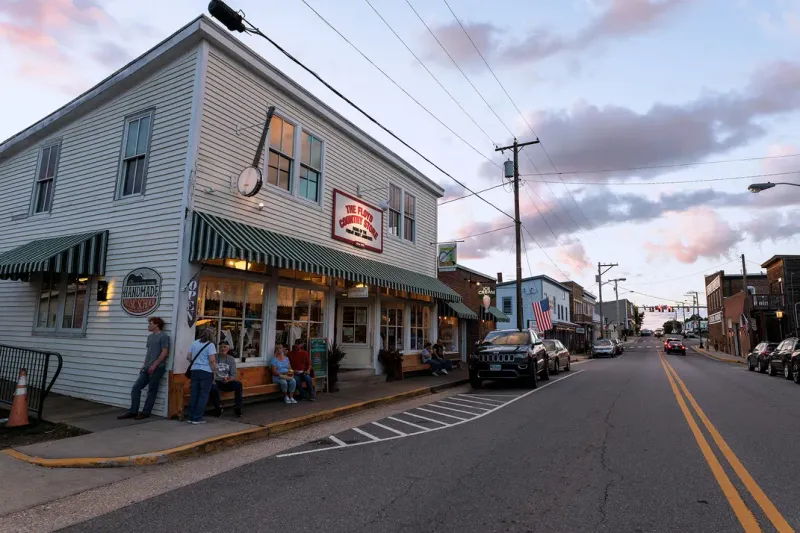
Stopping in places like Marfa, Texas or Taos, New Mexico trains you to appreciate local culture—a skill that enhances visits to small villages in Thailand or Portugal. The art of conversation with locals transfers across continents.
I’ve found that asking about local specialties in American diners prepared me to do the same in Georgian mountain towns and Vietnamese villages. People everywhere light up when showing off their hometown pride.
Visit local businesses instead of chains, attend community events, and ask genuine questions. These interactions in familiar settings build confidence for cross-cultural communication abroad, where language barriers exist but human connection remains fundamentally similar.
5. Great Plains Weather Adaptation
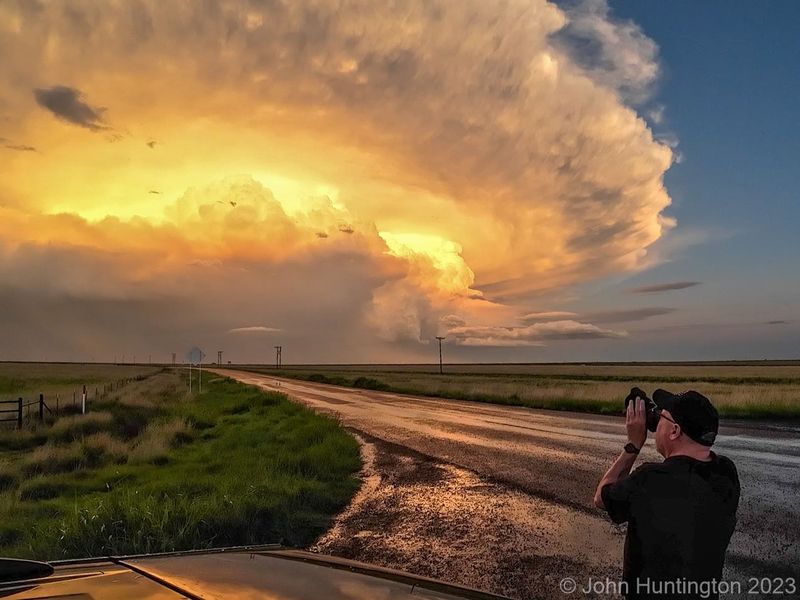
Kansas and Nebraska’s dramatic weather swings prepare travelers for unpredictable conditions across New Zealand or Scotland. When tornado warnings interrupted my drive through Oklahoma, I developed weather vigilance that served me well during monsoon season in Southeast Asia.
The Plains teach respect for nature’s power and the importance of flexibility in travel plans. Sudden storms, high winds, and temperature fluctuations become normal.
Download weather apps, learn basic weather patterns, and always have Plan B accommodations. This adaptability becomes second nature, making you resilient when facing unexpected typhoon delays in Taiwan or sudden snowstorms in Patagonia where international travelers often panic while you calmly adjust.
6. New England Budget Management
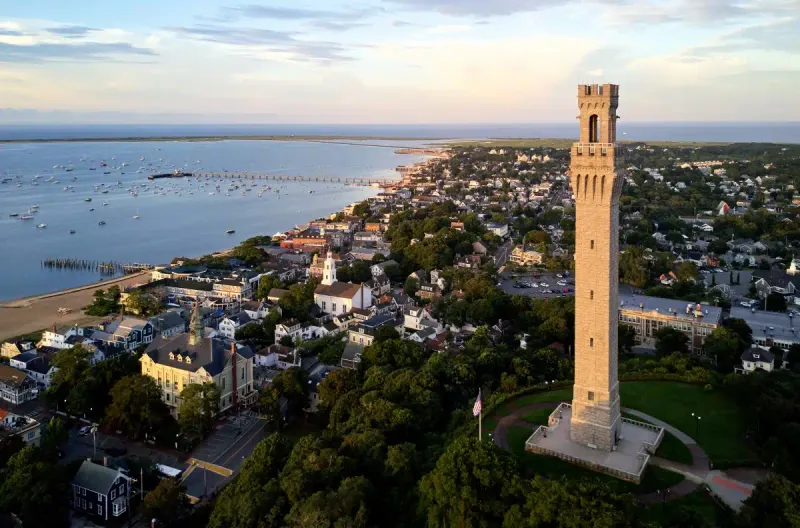
Traveling through notoriously expensive areas like coastal Maine or Martha’s Vineyard sharpens budget skills essential for Norway or Switzerland. If you can manage costs in Nantucket, you can handle Tokyo’s prices.
My weekend trips through Vermont taught me to balance splurges with savings—enjoying one premium experience while finding creative ways to economize elsewhere. This approach transformed my later travels in expensive European capitals.
Research seasonal pricing, look for package deals, and embrace picnics in scenic spots. The financial awareness developed domestically creates confidence when navigating foreign currencies and unfamiliar pricing structures, preventing the budget meltdowns that cut many round-the-world trips short.
7. Southern Hospitality Translation

Experiencing genuine hospitality in places like Savannah or Charleston develops appreciation for cultural warmth found in Greece or Jordan. Southern traditions of greeting strangers and unhurried conversations mirror many international cultures.
During my Georgia road trip, I learned to slow down and accept invitations from locals—skills that led to my most authentic experiences later in Turkey. The willingness to accept hospitality creates unexpected adventures.
Accept offers of local recommendations, learn basic courtesy phrases, and bring small gifts when invited into homes. These social skills practiced in the American South transfer beautifully to regions where relationships precede transactions and genuine connection matters more than efficiency.
8. National Park Camping Confidence
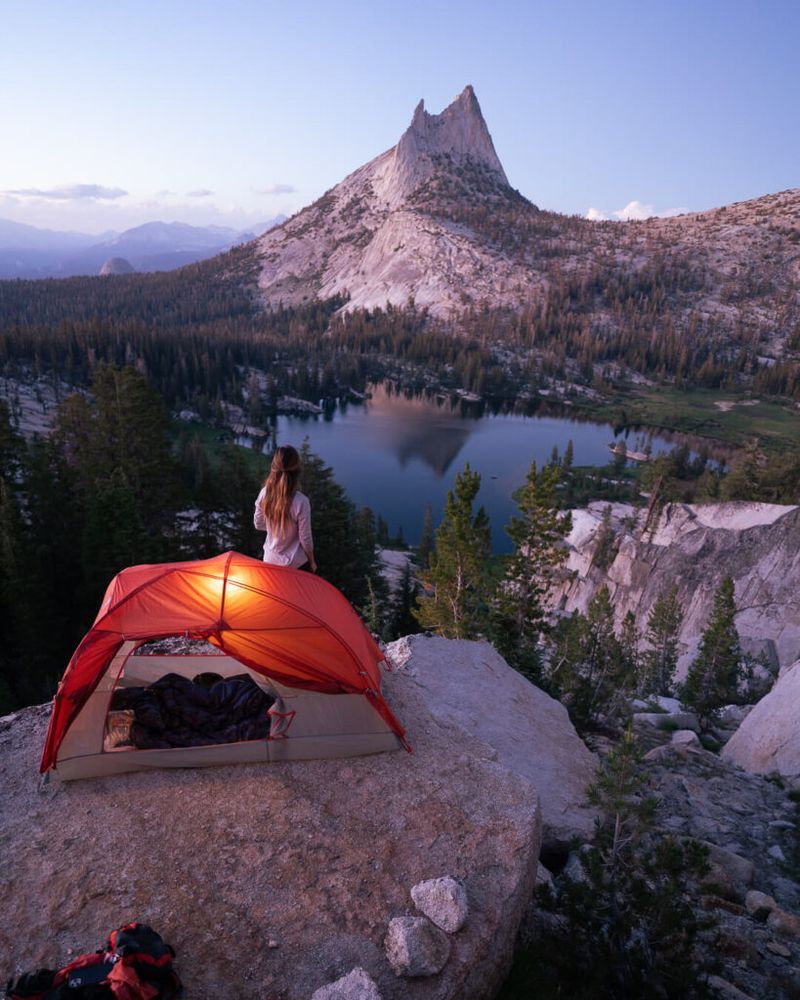
Setting up camp in Yellowstone or Yosemite builds outdoor skills transferable to New Zealand’s backcountry or Iceland’s remote landscapes. When unexpected rain soaked my tent in Olympic National Park, I developed quick problem-solving abilities that saved my camping experience in rural France years later.
American parks offer relatively controlled environments to master tent setup, weather preparation, and wildlife awareness. Rangers provide safety nets while you build independence.
Start with established campgrounds before attempting backcountry sites, invest in quality gear, and learn Leave No Trace principles. The camping confidence gained domestically removes intimidation when faced with international outdoor adventures where instructions might not be in English and facilities vary widely.
9. Urban Navigation Practice
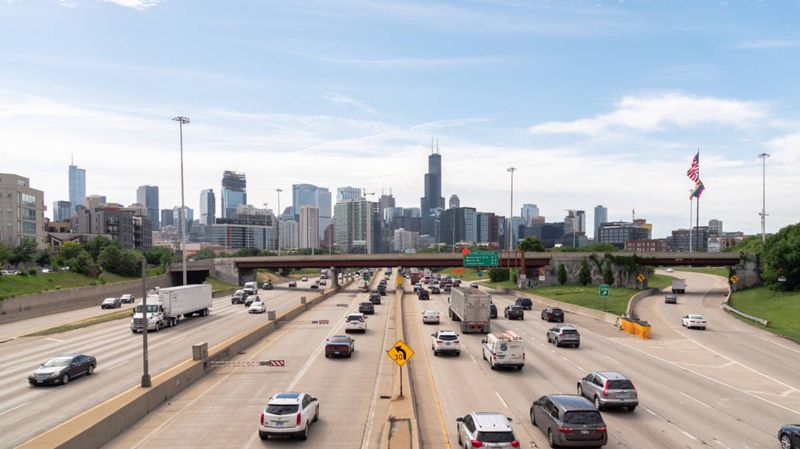
Mastering driving in cities like Chicago or Boston develops nerves of steel needed for Rome or Bangkok traffic. If you can handle Manhattan parking, you can manage almost anywhere.
My first solo drive through San Francisco’s hills and one-way streets was terrifying but built confidence that made driving in Istanbul feel manageable. Each city challenge overcome domestically removes a barrier to international driving adventures.
Use public transportation when available, research parking options before arrival, and consider city perimeter accommodations. These urban navigation skills transfer directly to international travel, where confident city driving opens possibilities beyond standard tourist routes and public transportation limitations.
10. Border Crossing Preparation
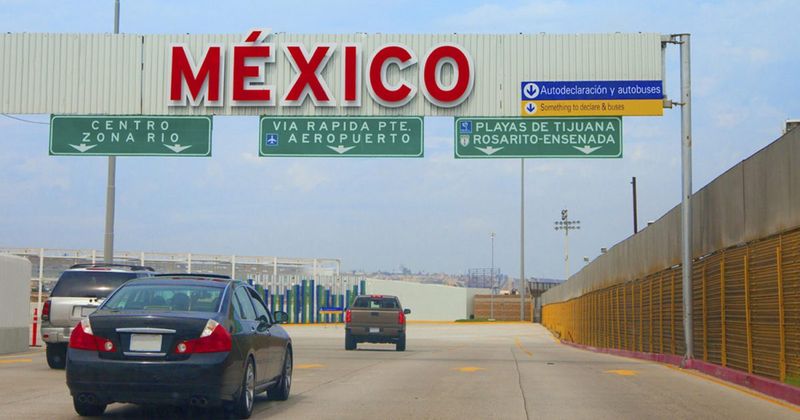
Traveling between the US and Canada or Mexico familiarizes you with immigration procedures before facing more complex crossings in Central America or Southeast Asia. My first Mexico crossing taught me document organization that streamlined later international borders.
These North American crossings introduce concepts like vehicle permits, customs declarations, and varying regulations without the stress of significant language barriers. You’ll learn patience with bureaucratic processes.
Keep documents accessible but secure, research requirements beforehand, and maintain a respectful attitude with officials. This experience builds confidence for more challenging international borders where procedures may be less transparent and more time-consuming, preventing the anxiety that often overwhelms first-time global travelers.
11. Roadside Problem Solving
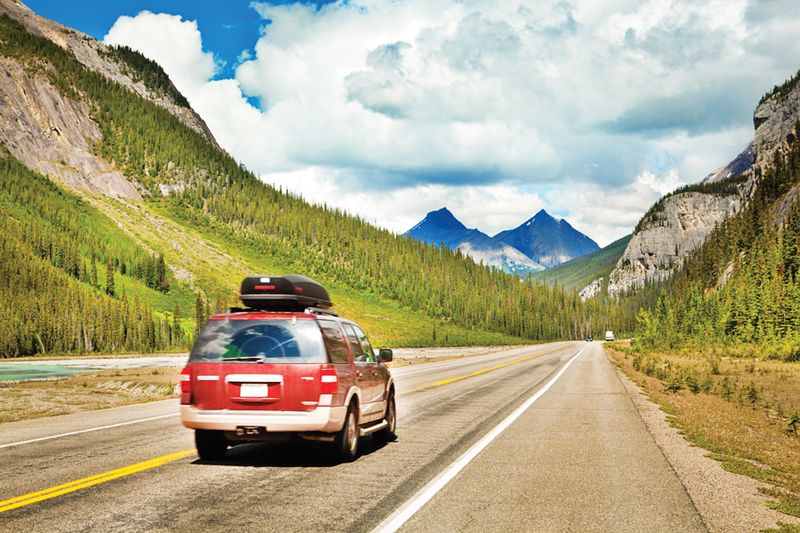
Handling flat tires in Montana or battery failures in Idaho builds mechanical confidence valuable when facing breakdowns in Bolivia or Namibia. My alternator failure in rural Nevada taught resourcefulness that saved my journey when stranded in rural Portugal.
American roadside challenges occur with the safety net of common language and familiar systems. This creates ideal learning conditions before facing similar issues internationally.
Learn basic vehicle maintenance, keep emergency contact information accessible, and carry essential tools. These problem-solving experiences transform potential travel disasters into manageable situations, distinguishing successful world travelers from those who abandon journeys at the first mechanical challenge in unfamiliar territory.
12. Multi-Week Planning Experience
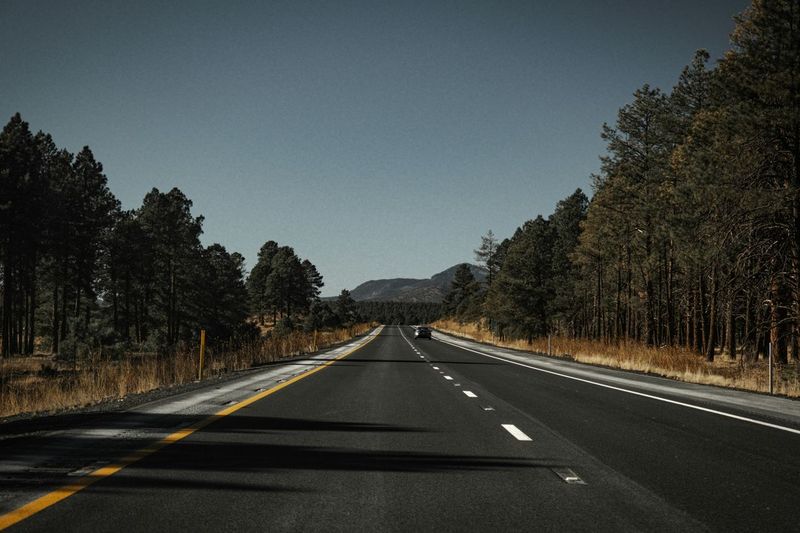
Organizing a cross-country US trip develops logistical muscles needed for planning multi-country journeys across Europe or Asia. My first three-week road trip taught itinerary flexibility that became essential when country-hopping through Southeast Asia.
American road trips introduce concepts like distance fatigue, accommodation variety, and the balance between planned highlights and spontaneous discoveries. You’ll learn your personal travel rhythm.
Create rough itineraries rather than hour-by-hour plans, build in rest days, and expect unexpected detours. The planning skills refined domestically transfer directly to international adventures, preventing the common mistake of overambitious global itineraries that lead to burnout rather than enjoyment.
